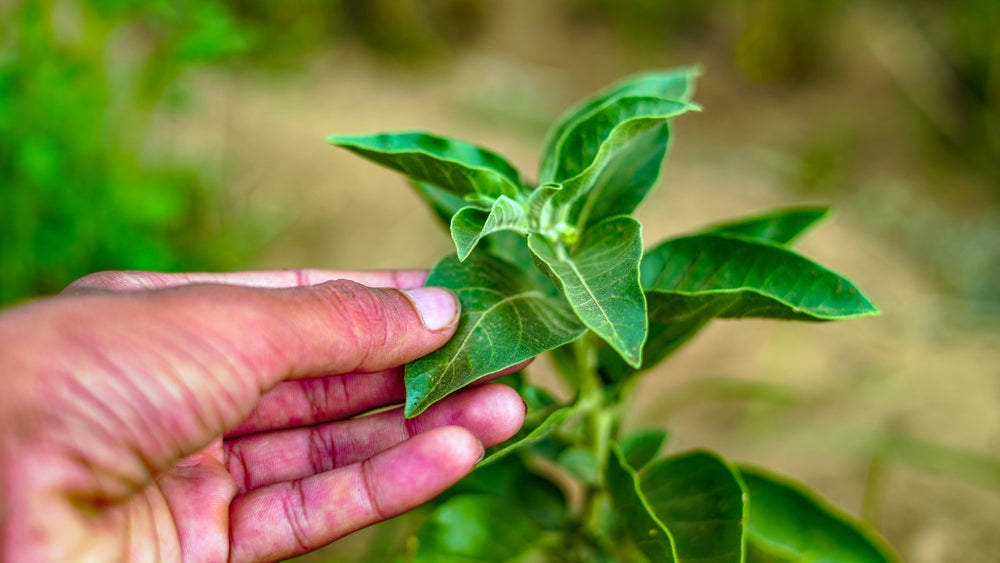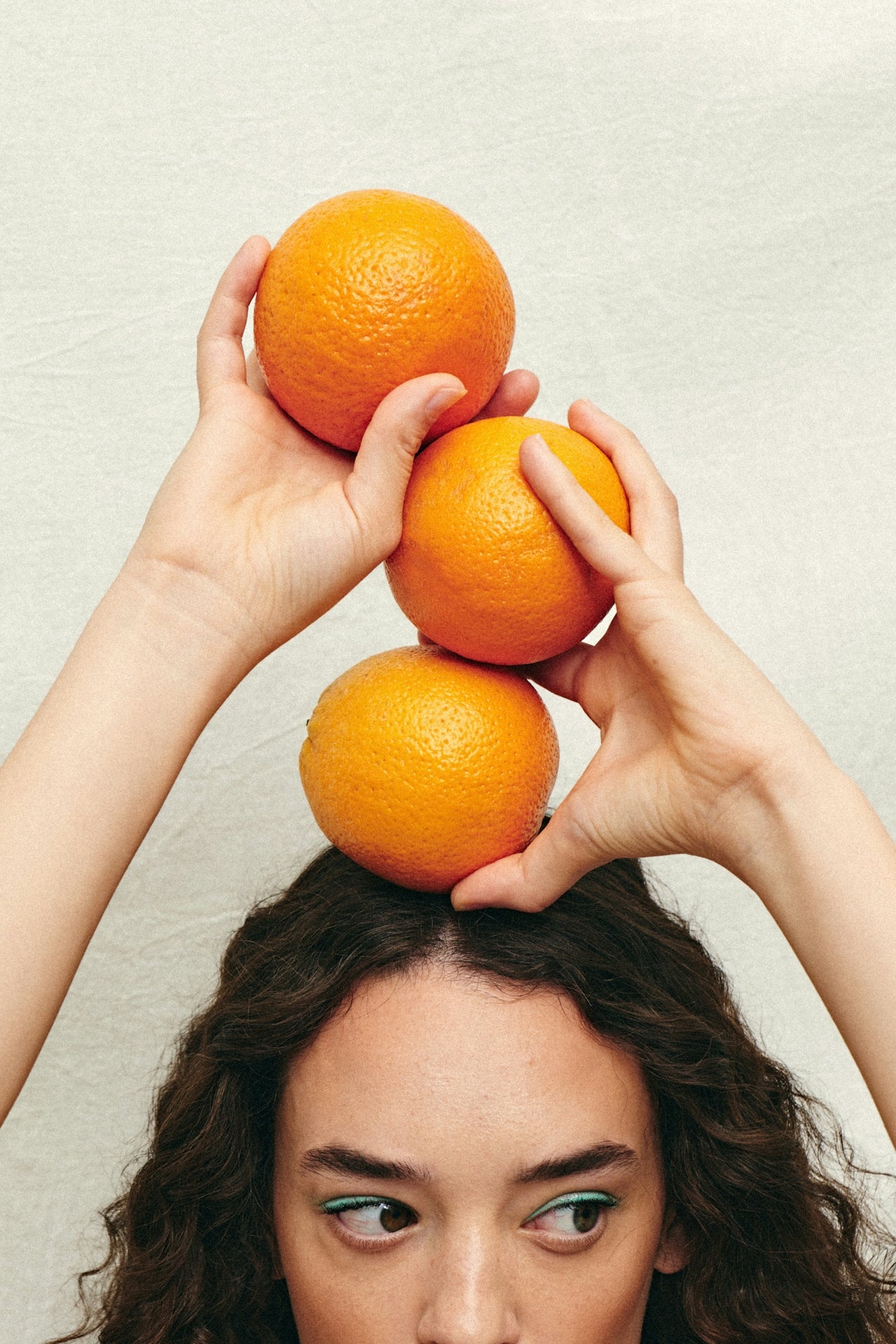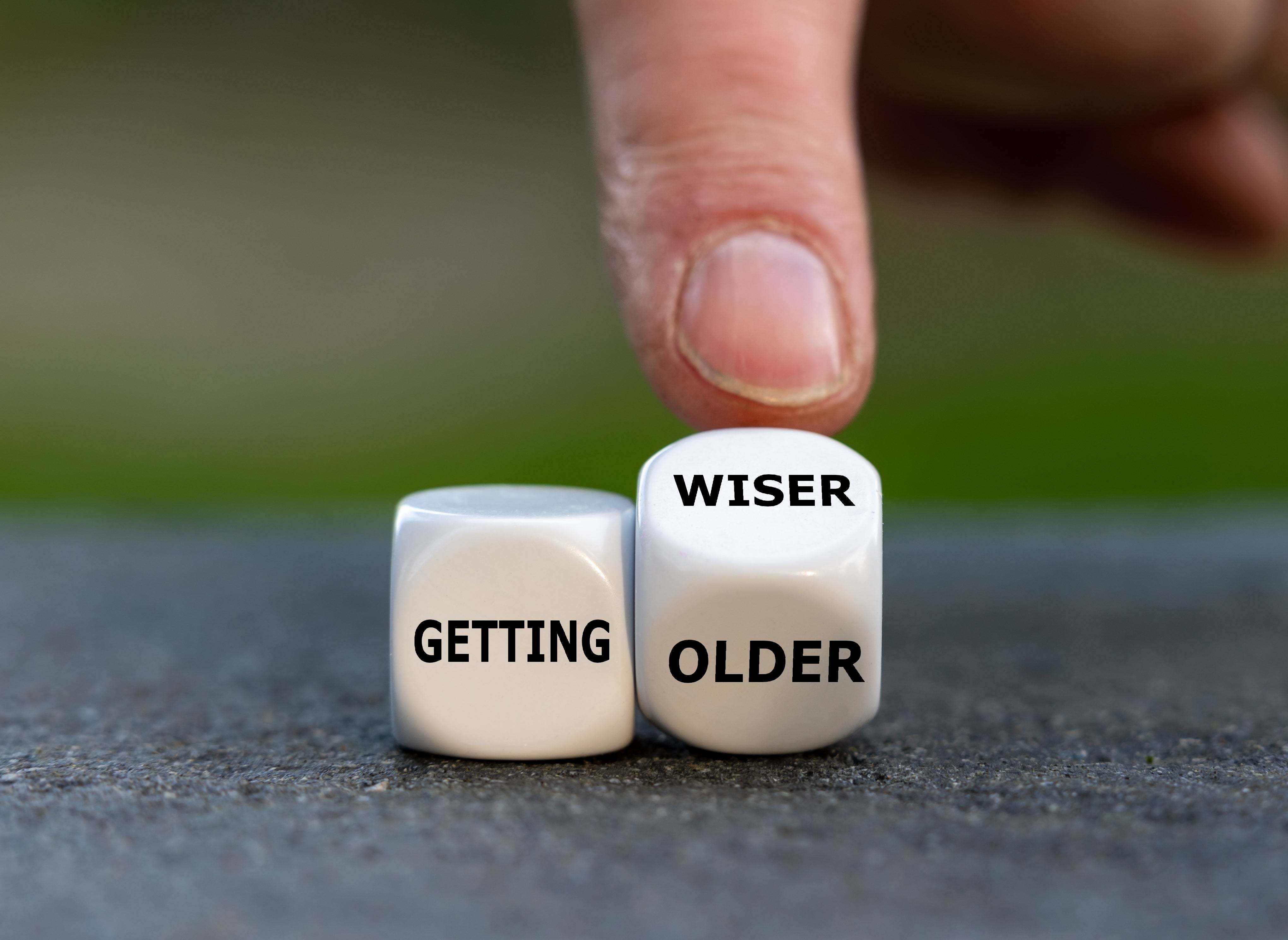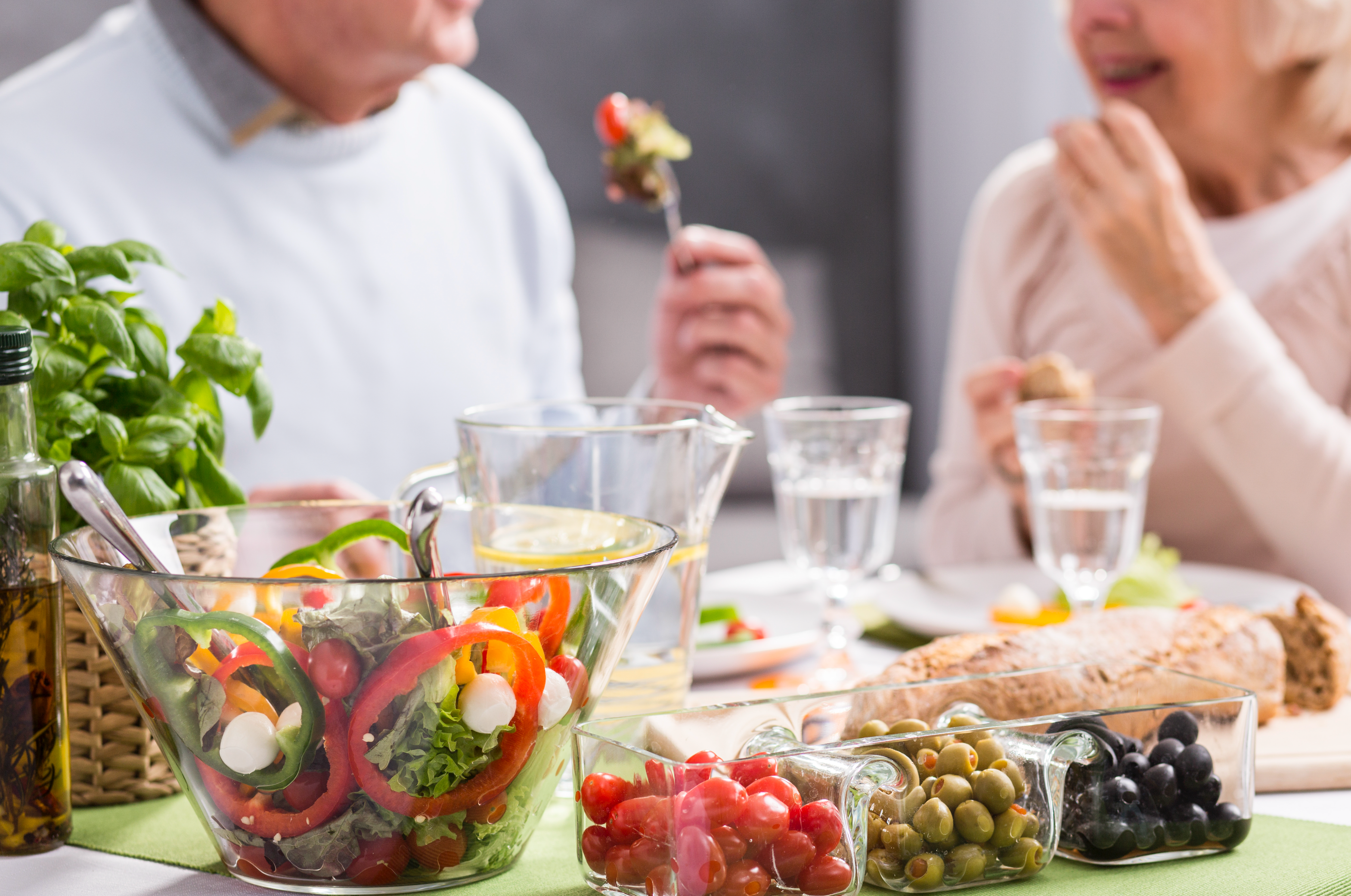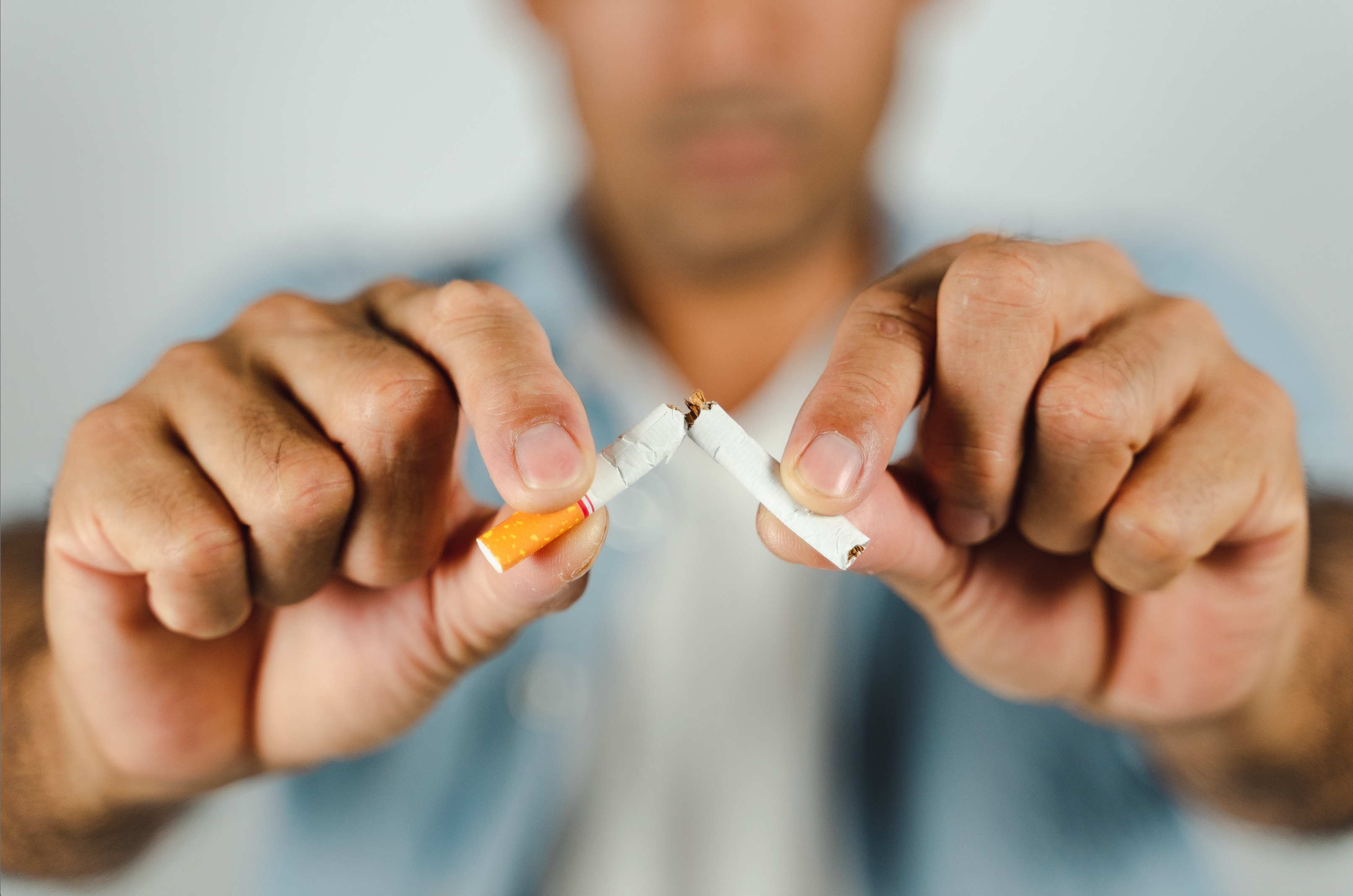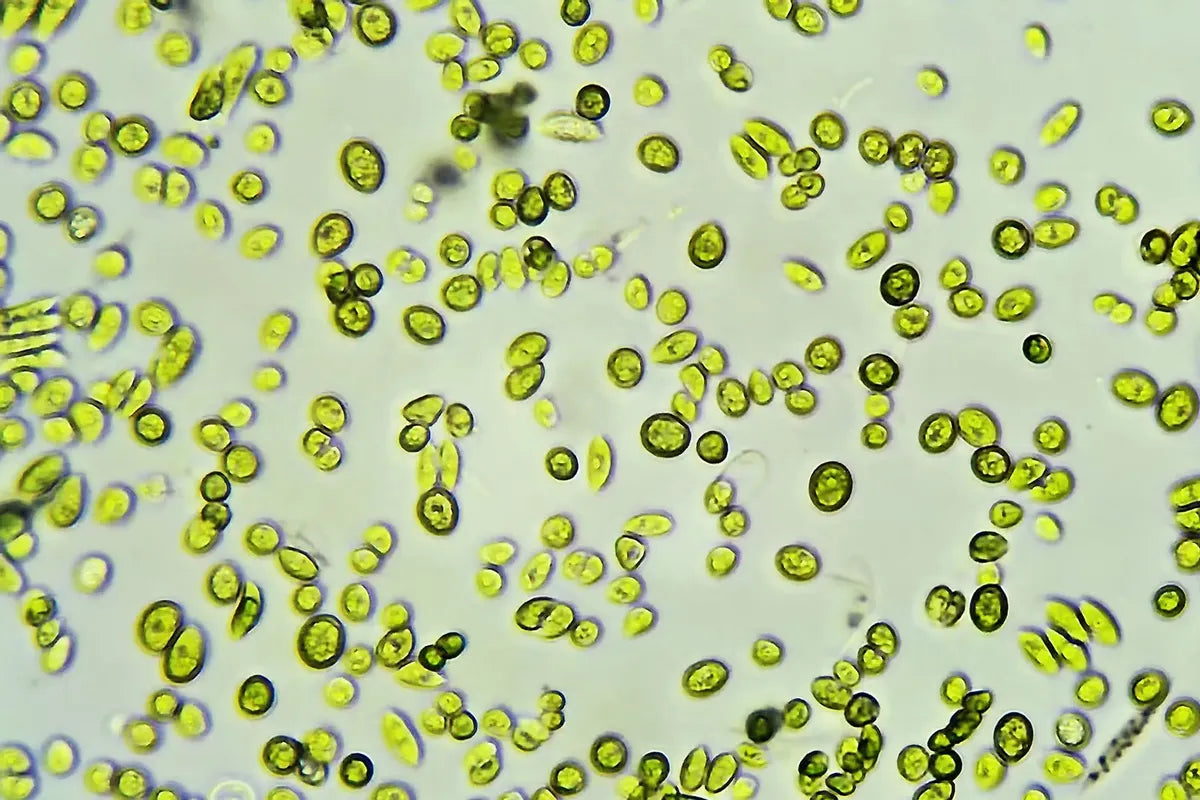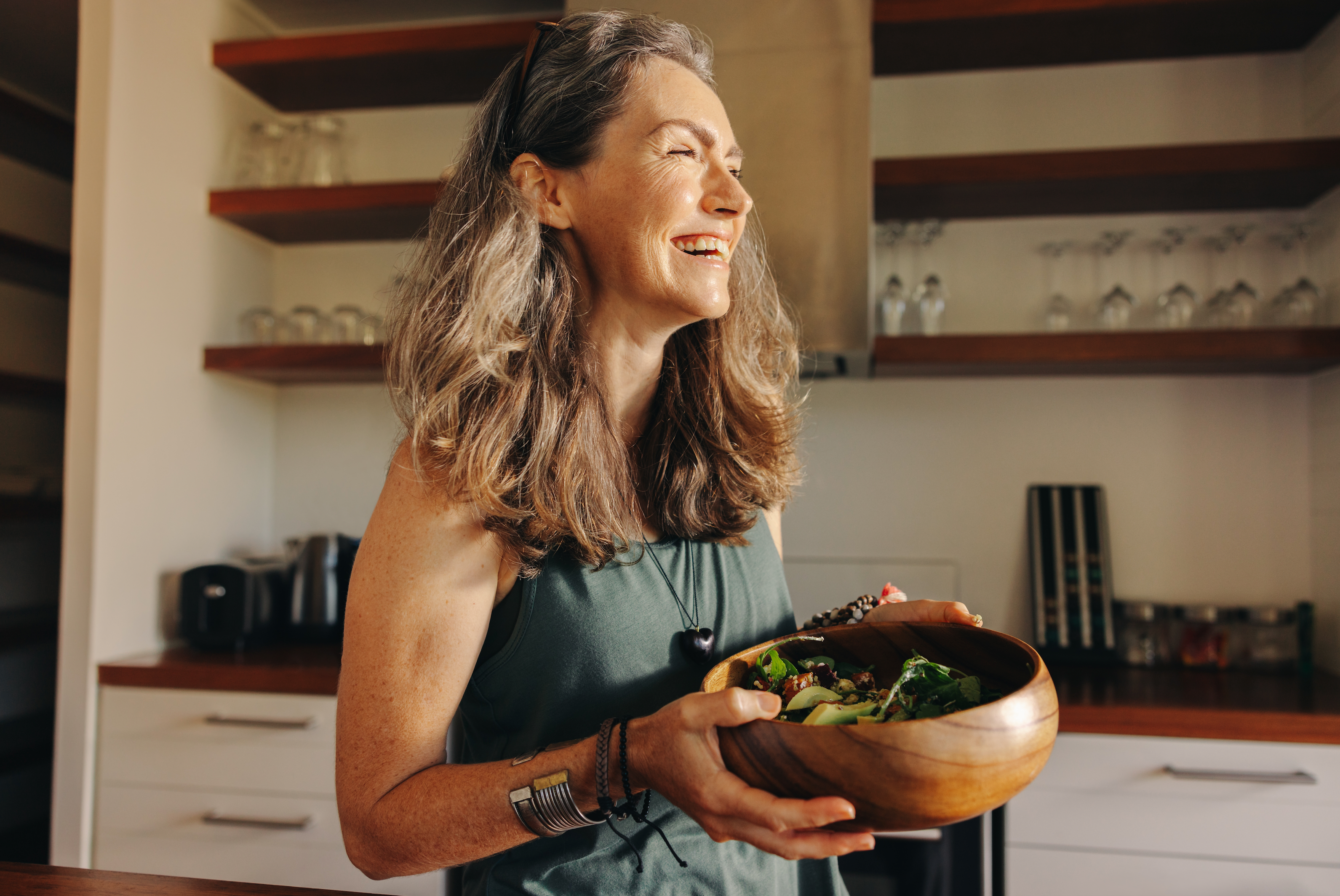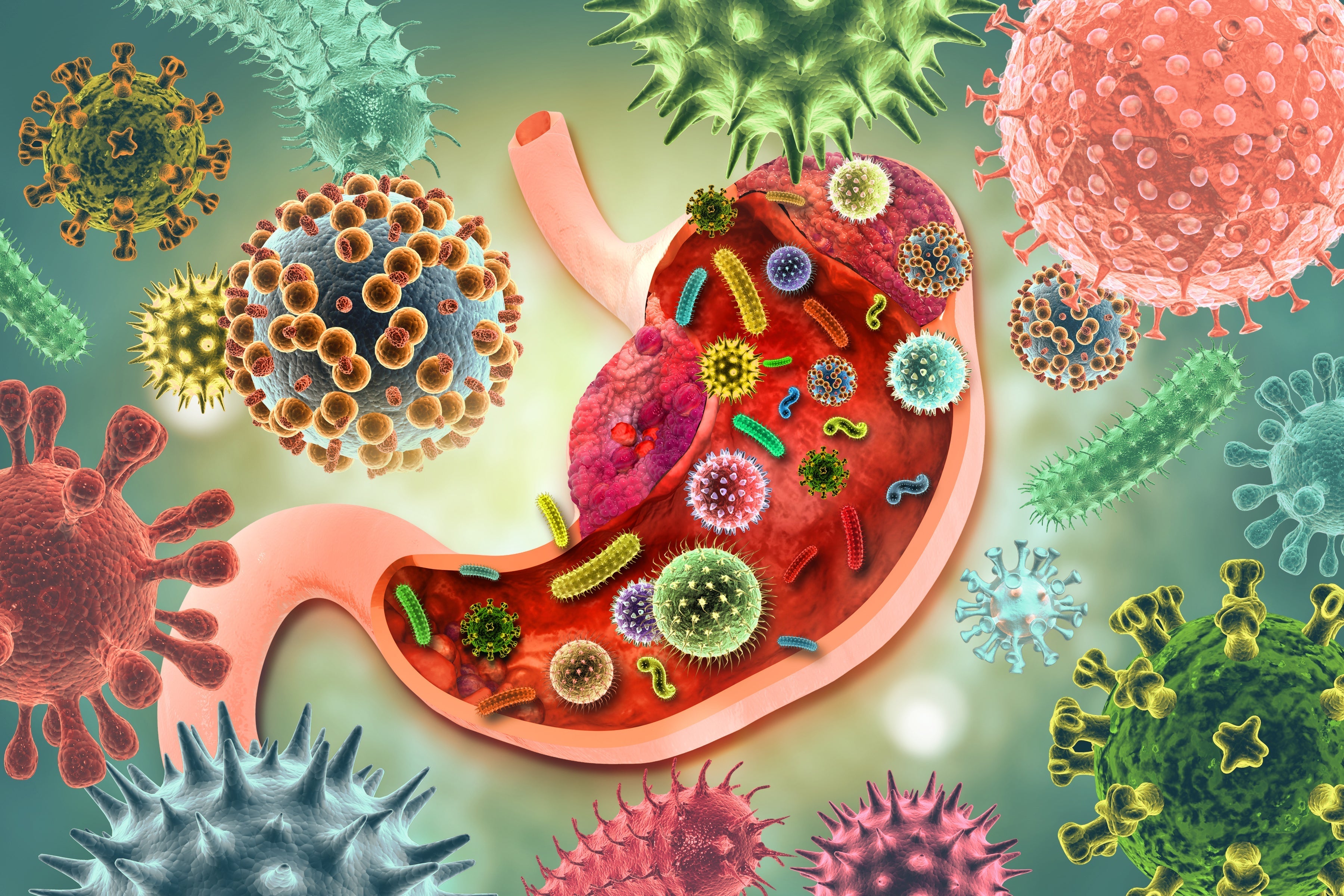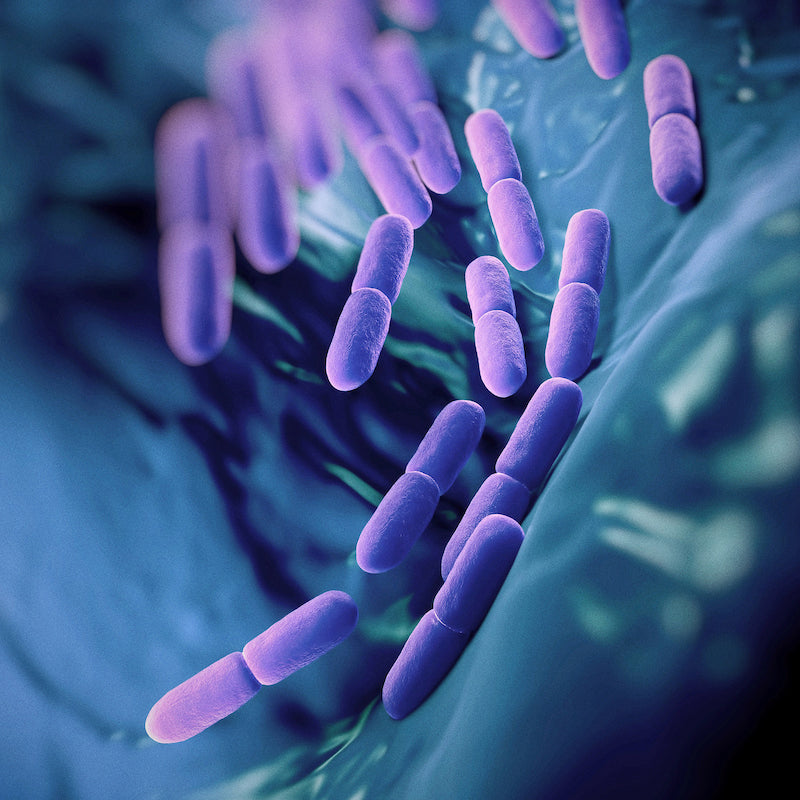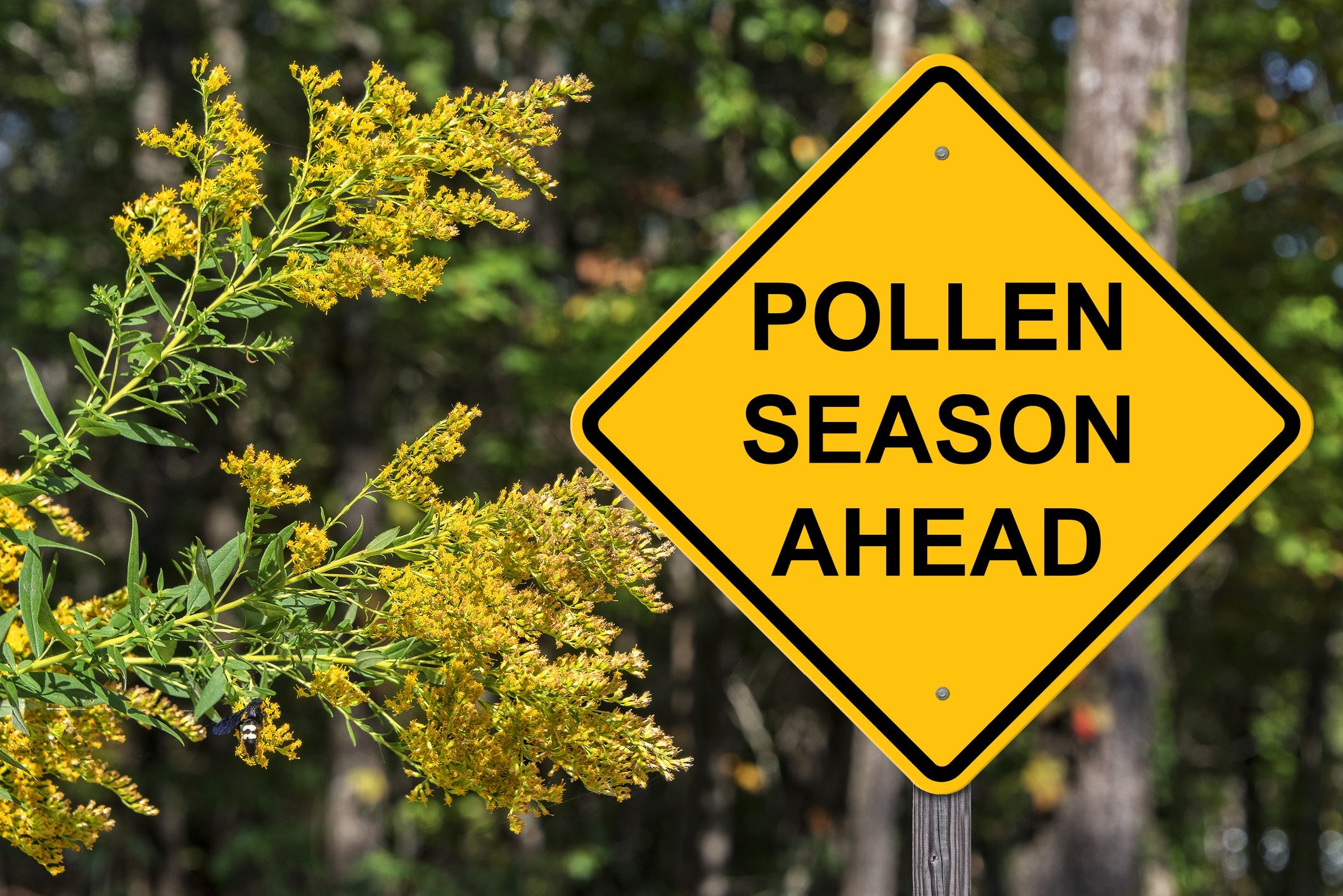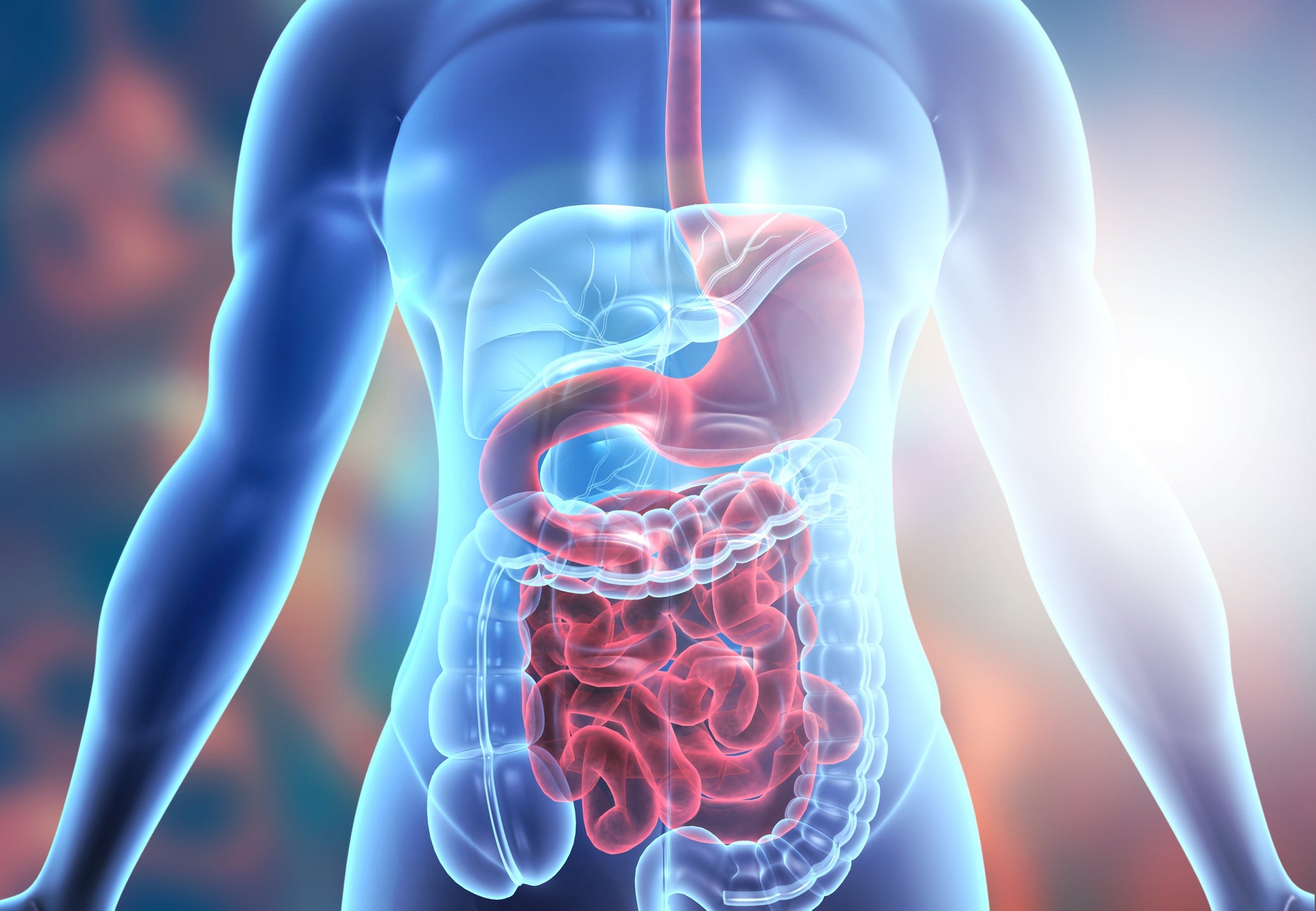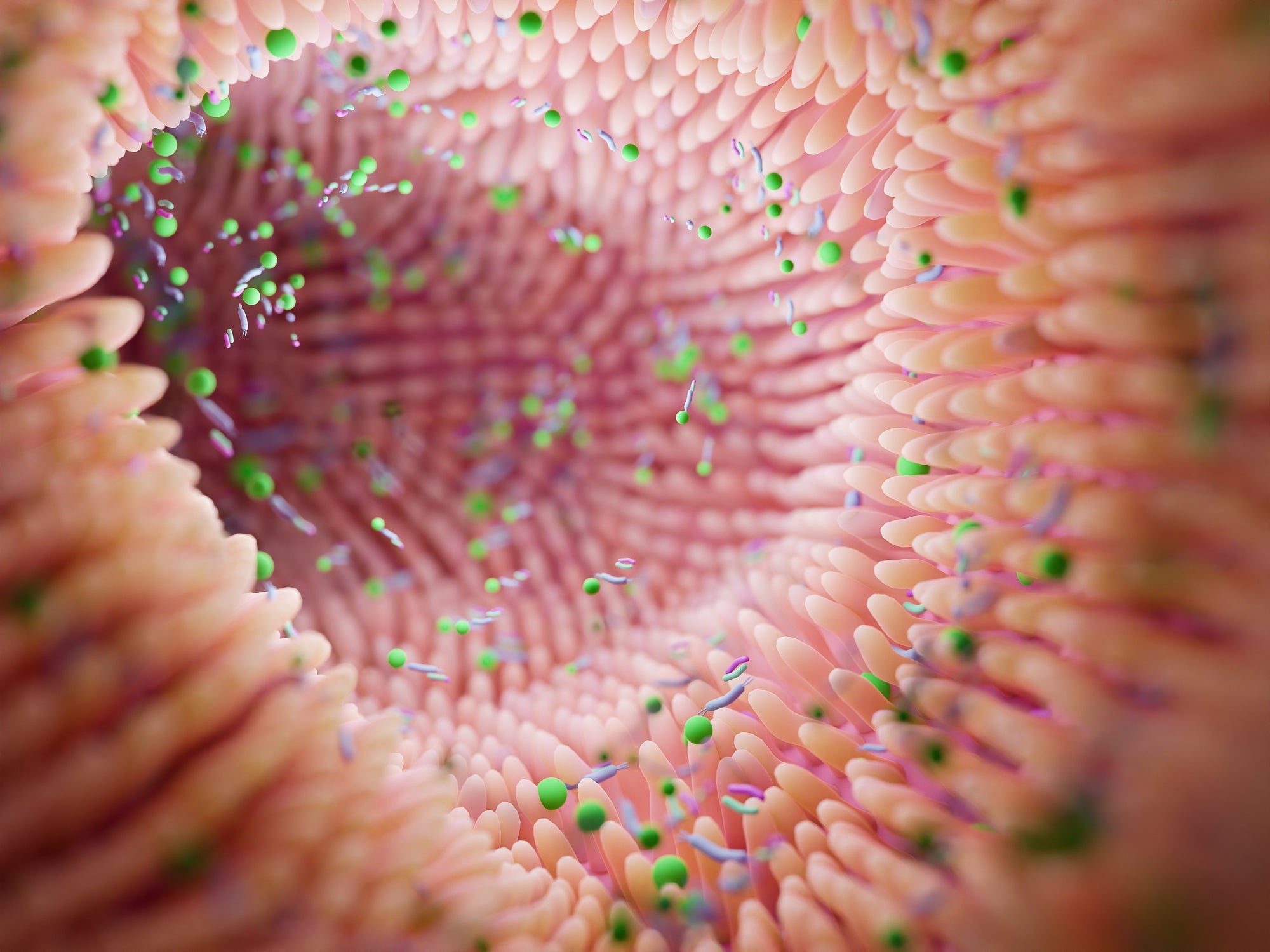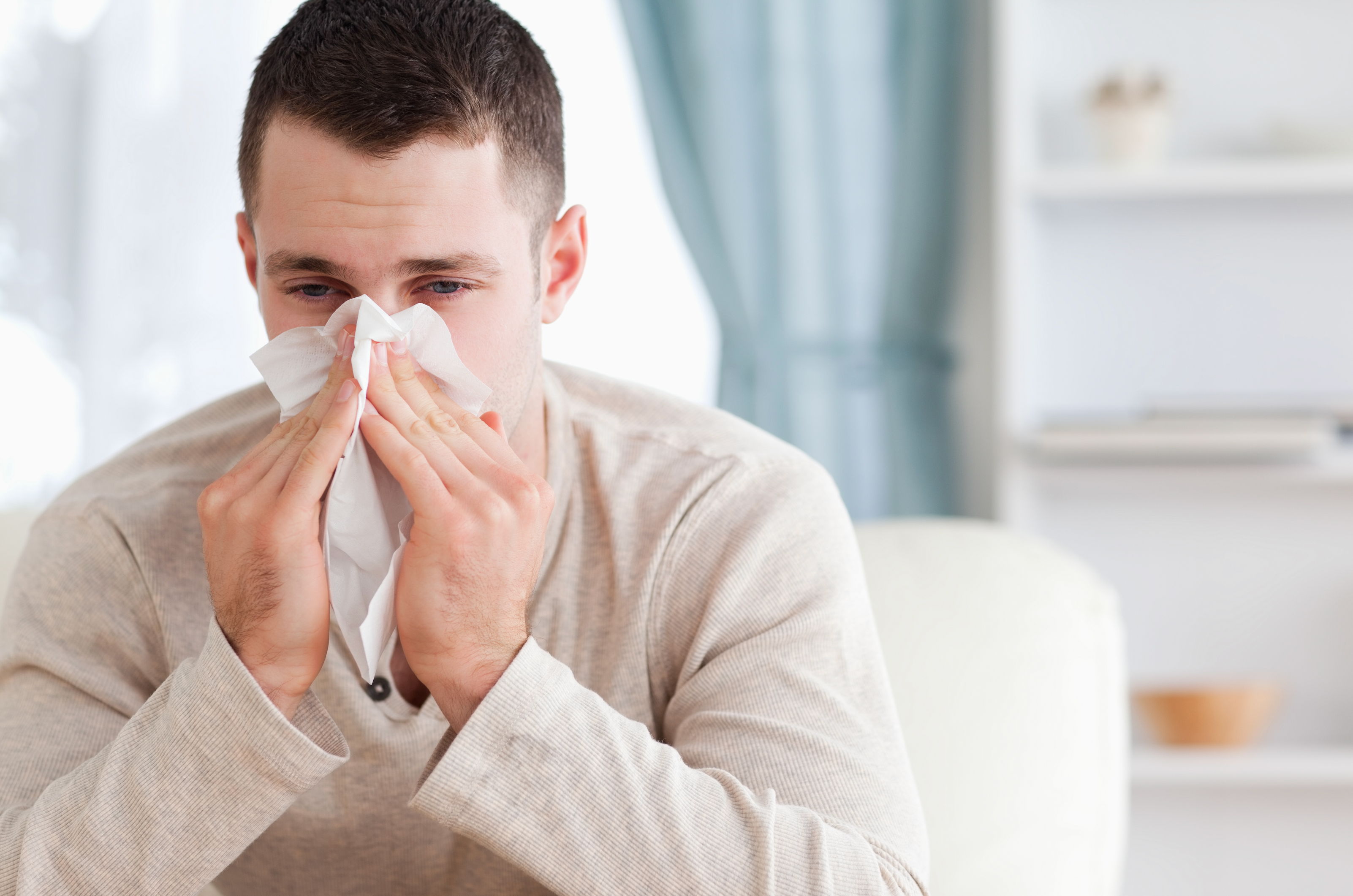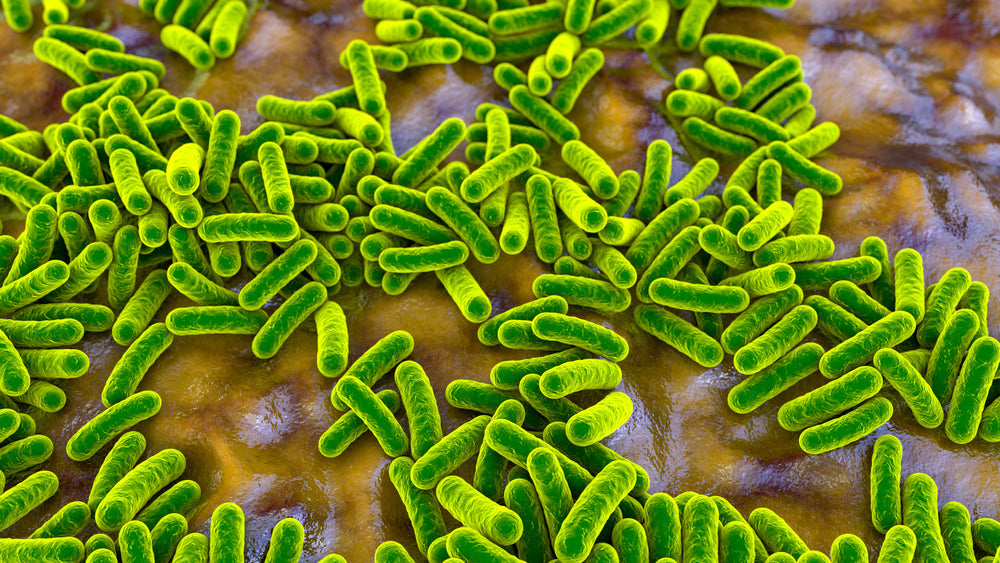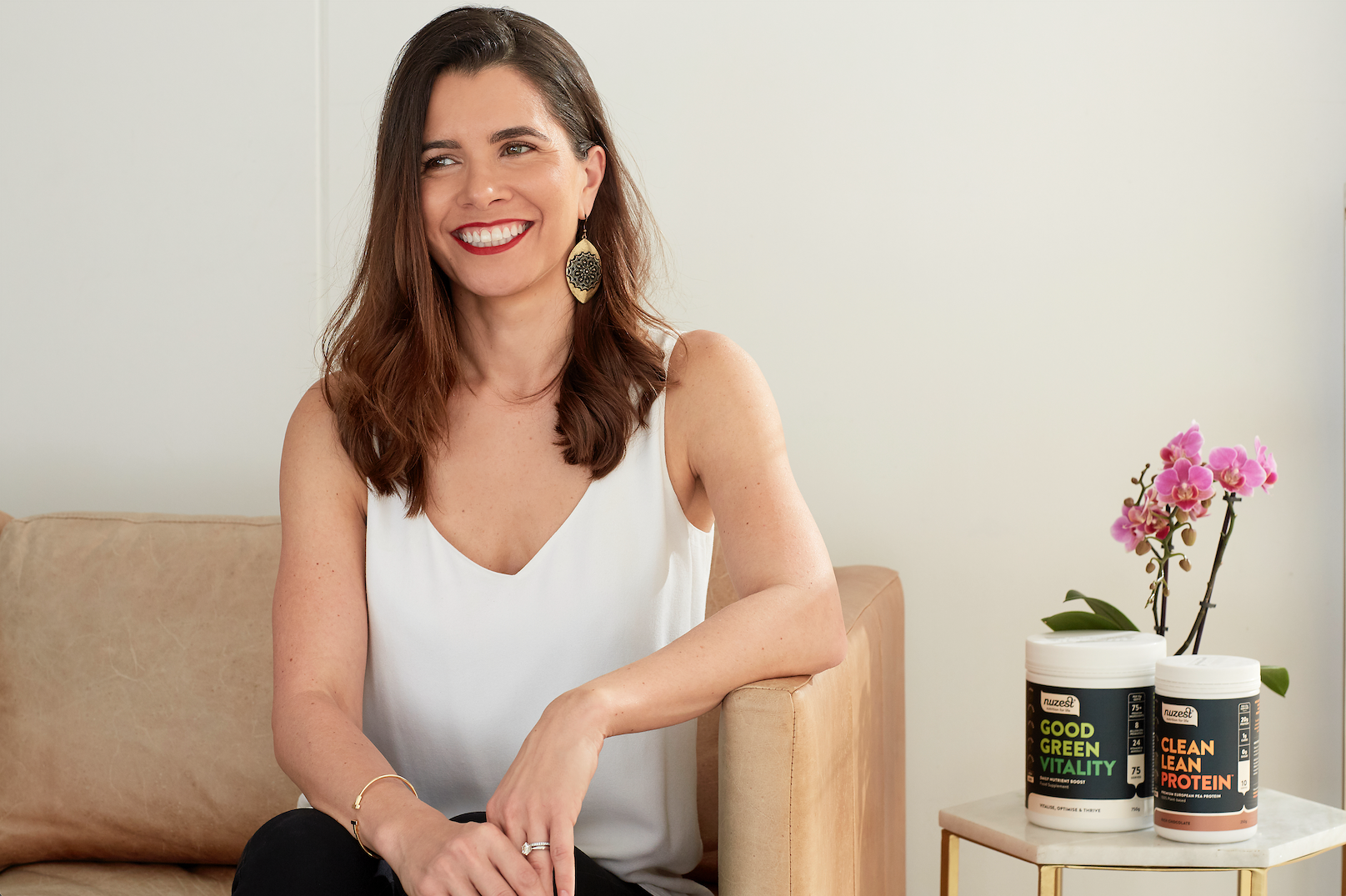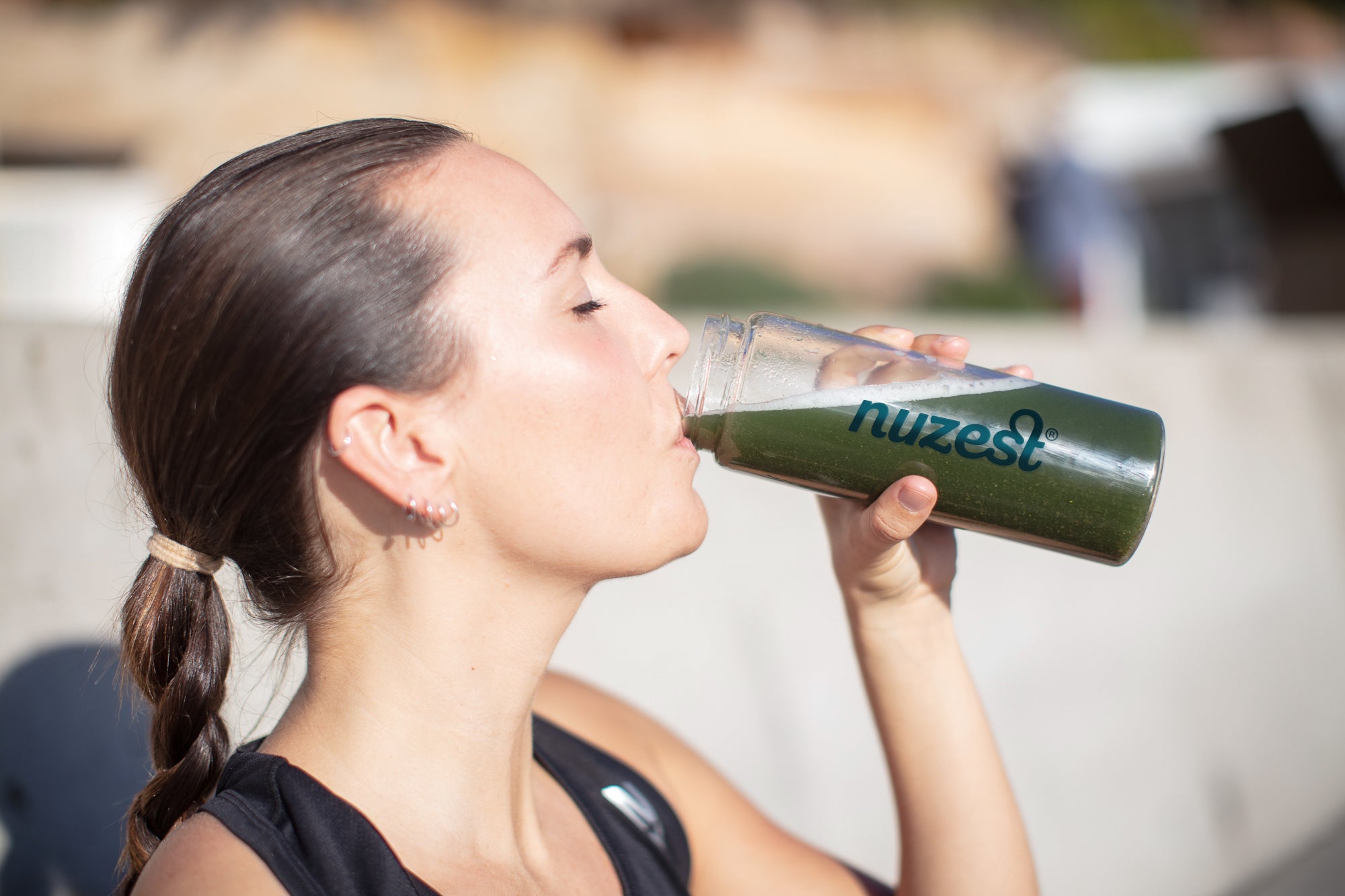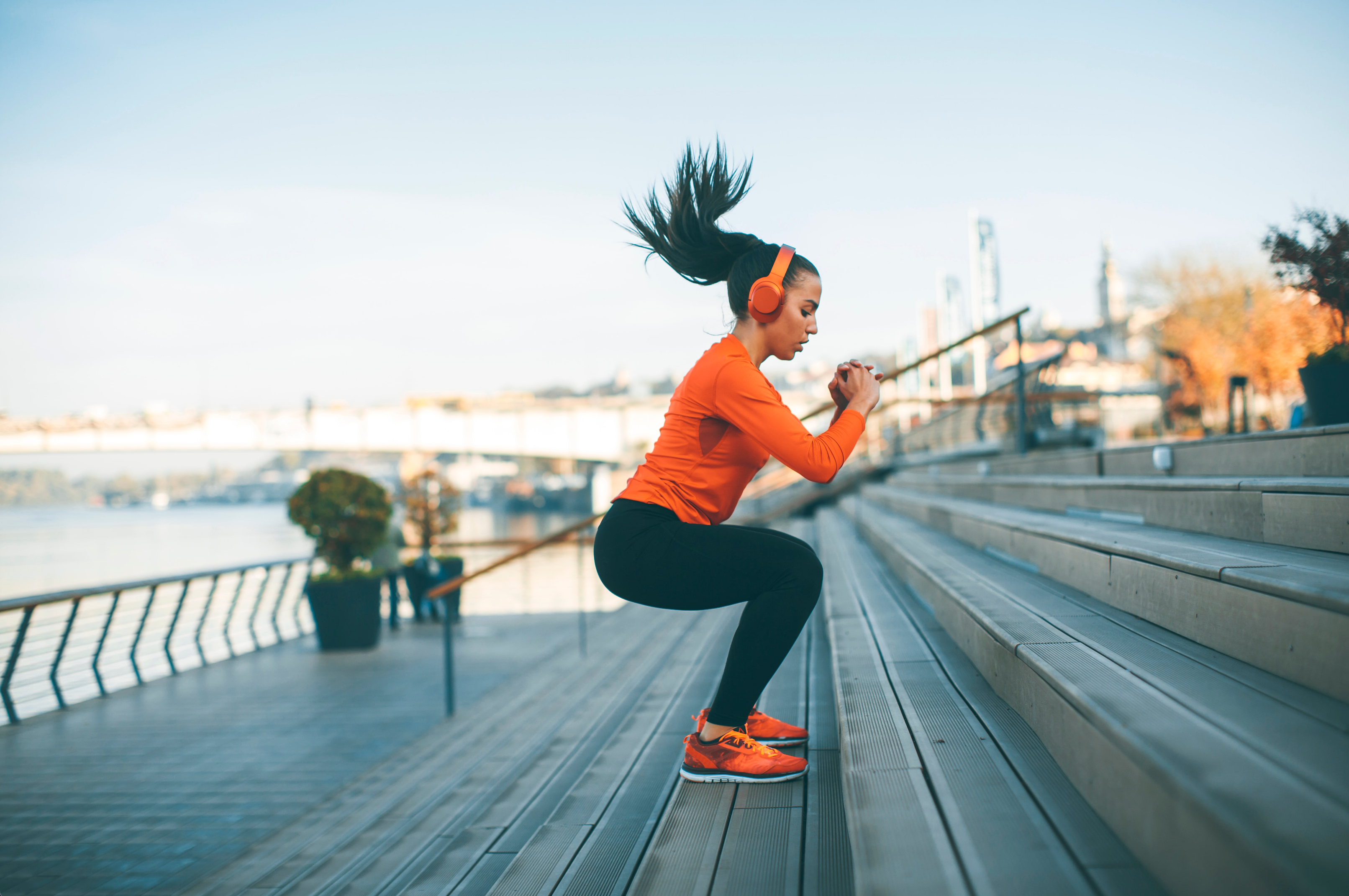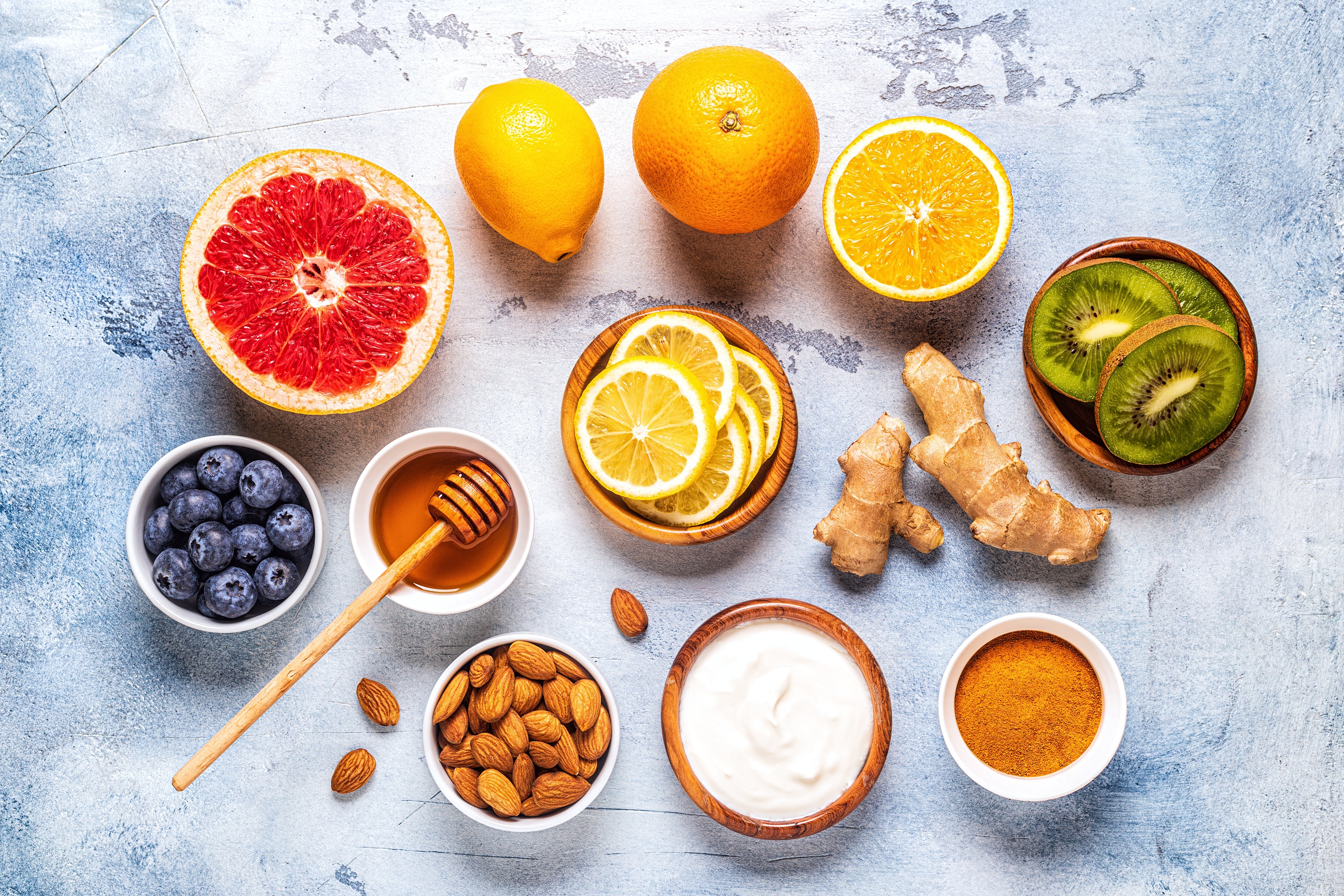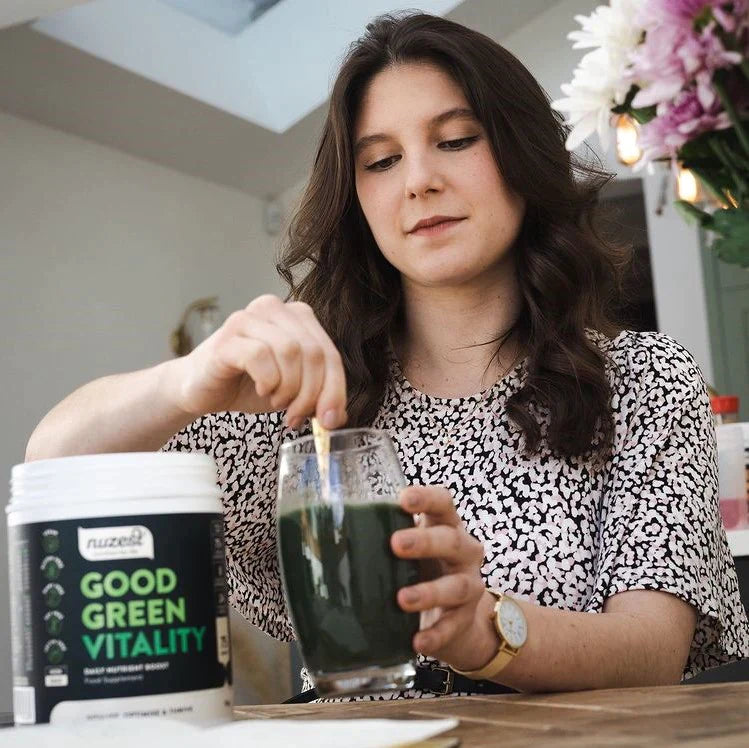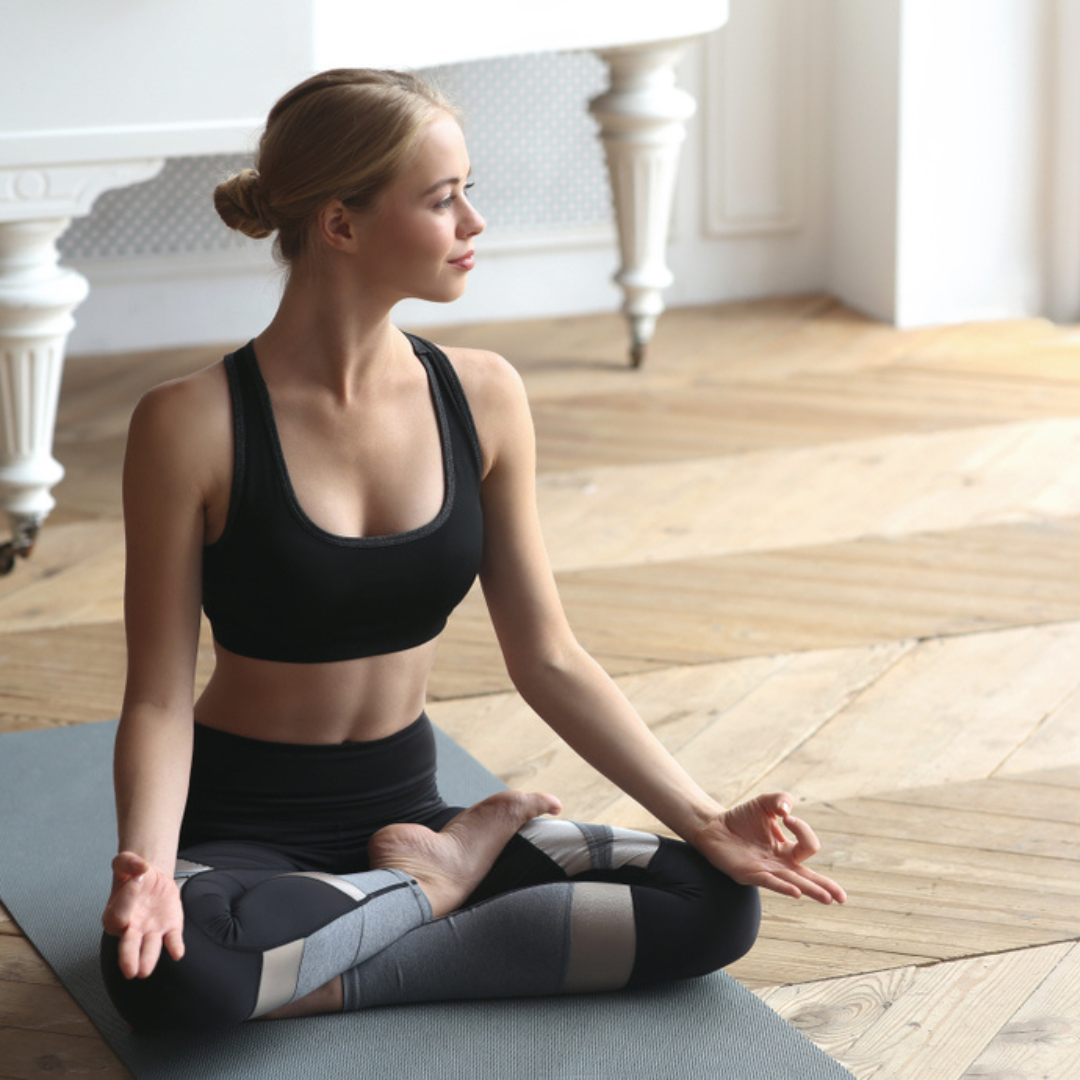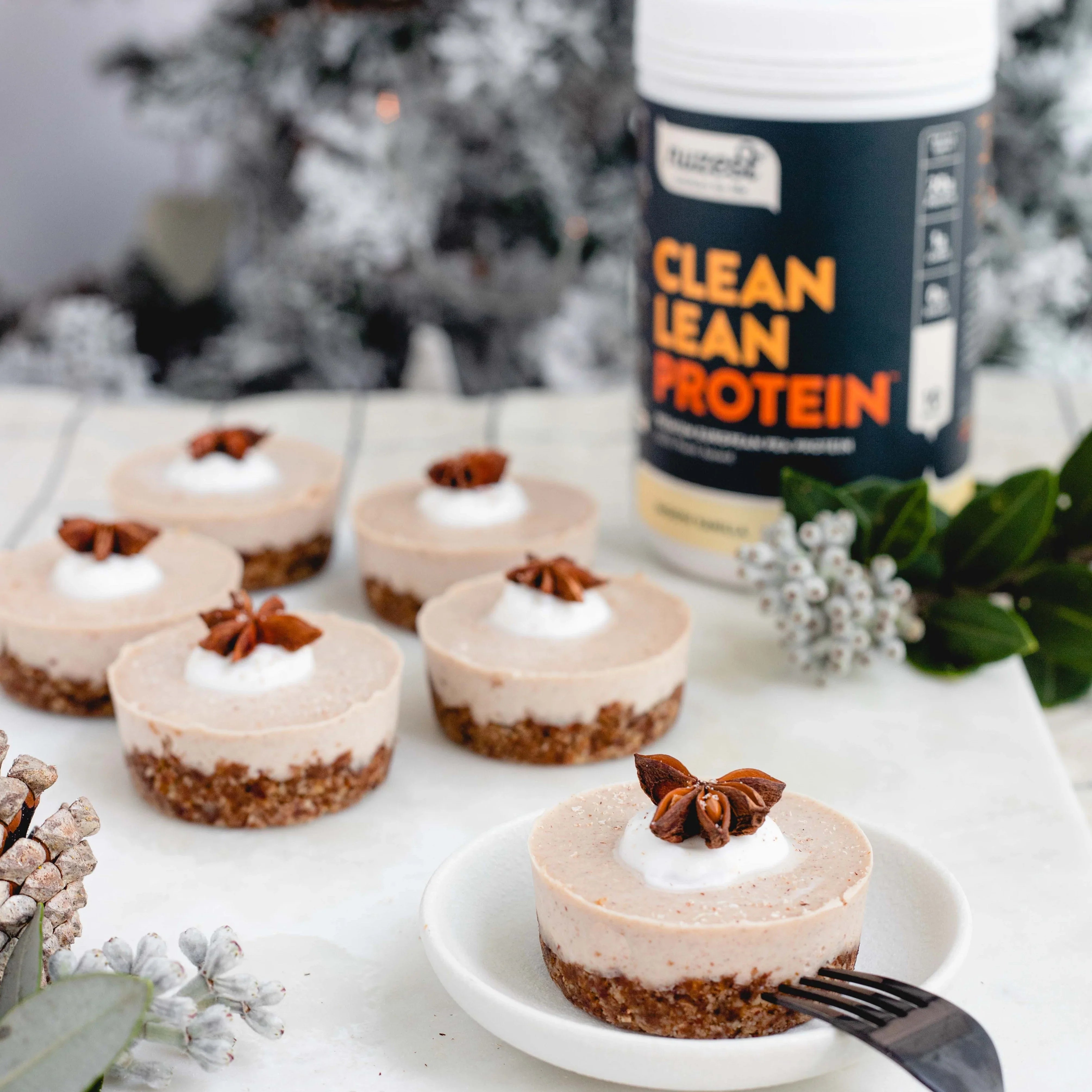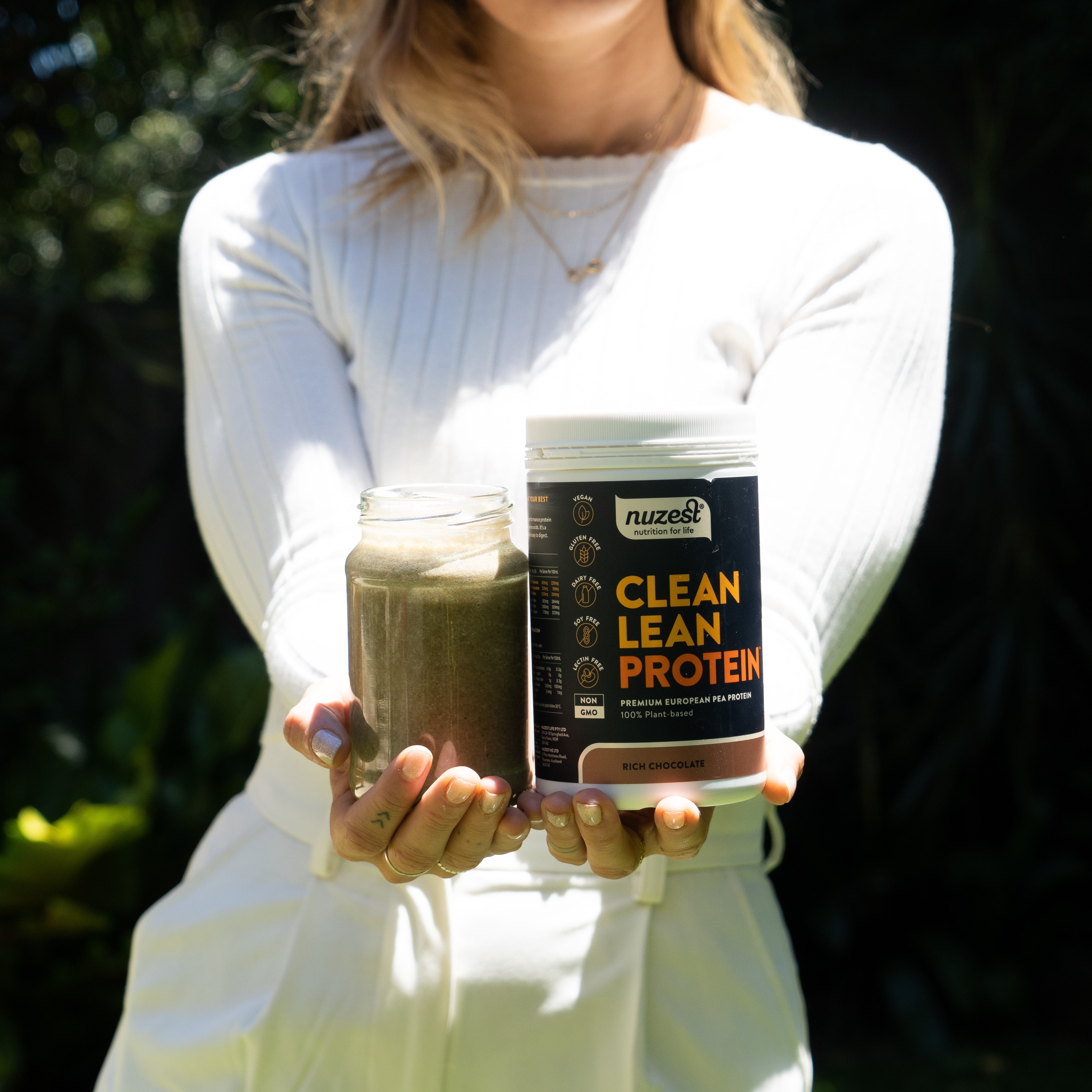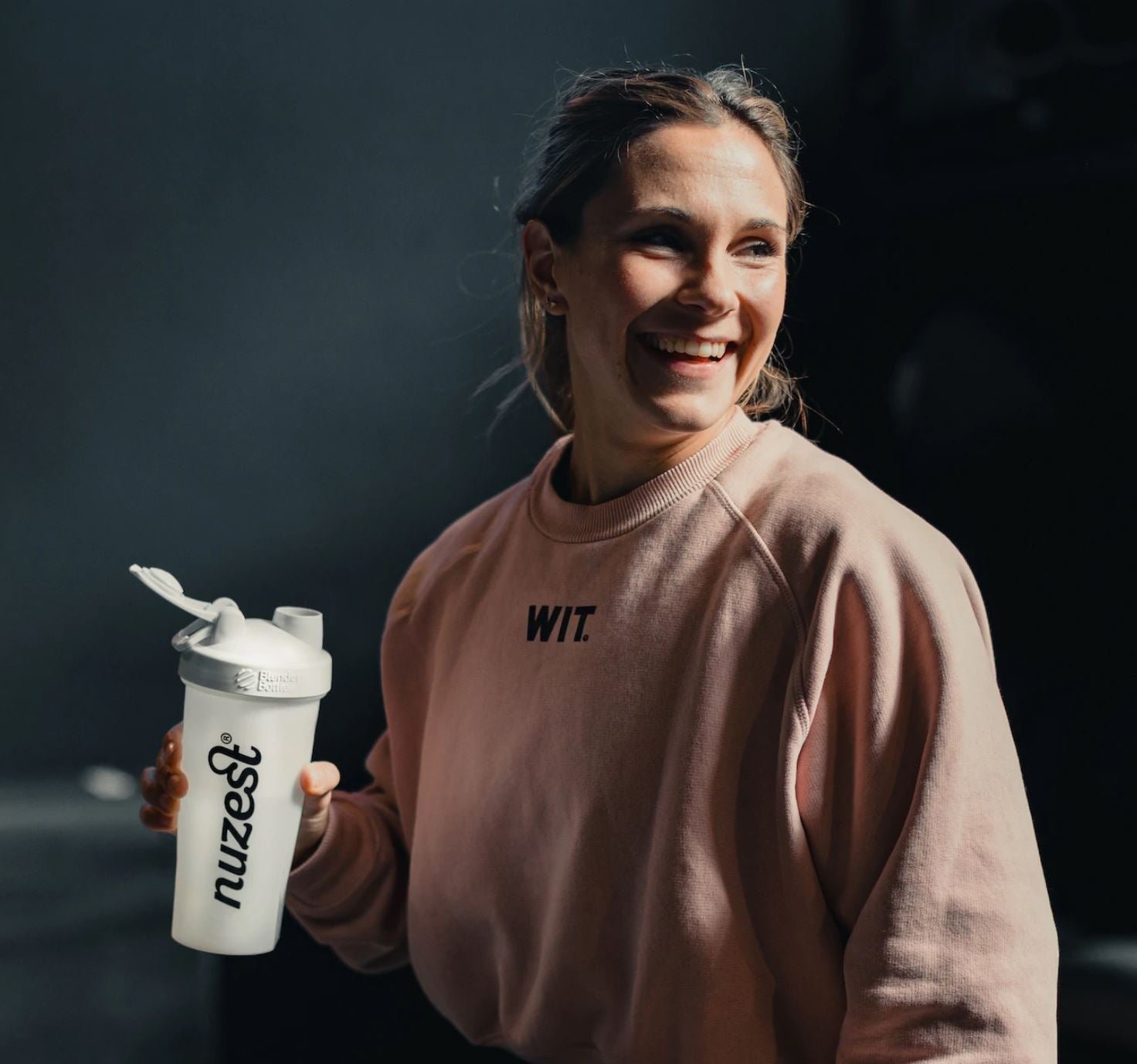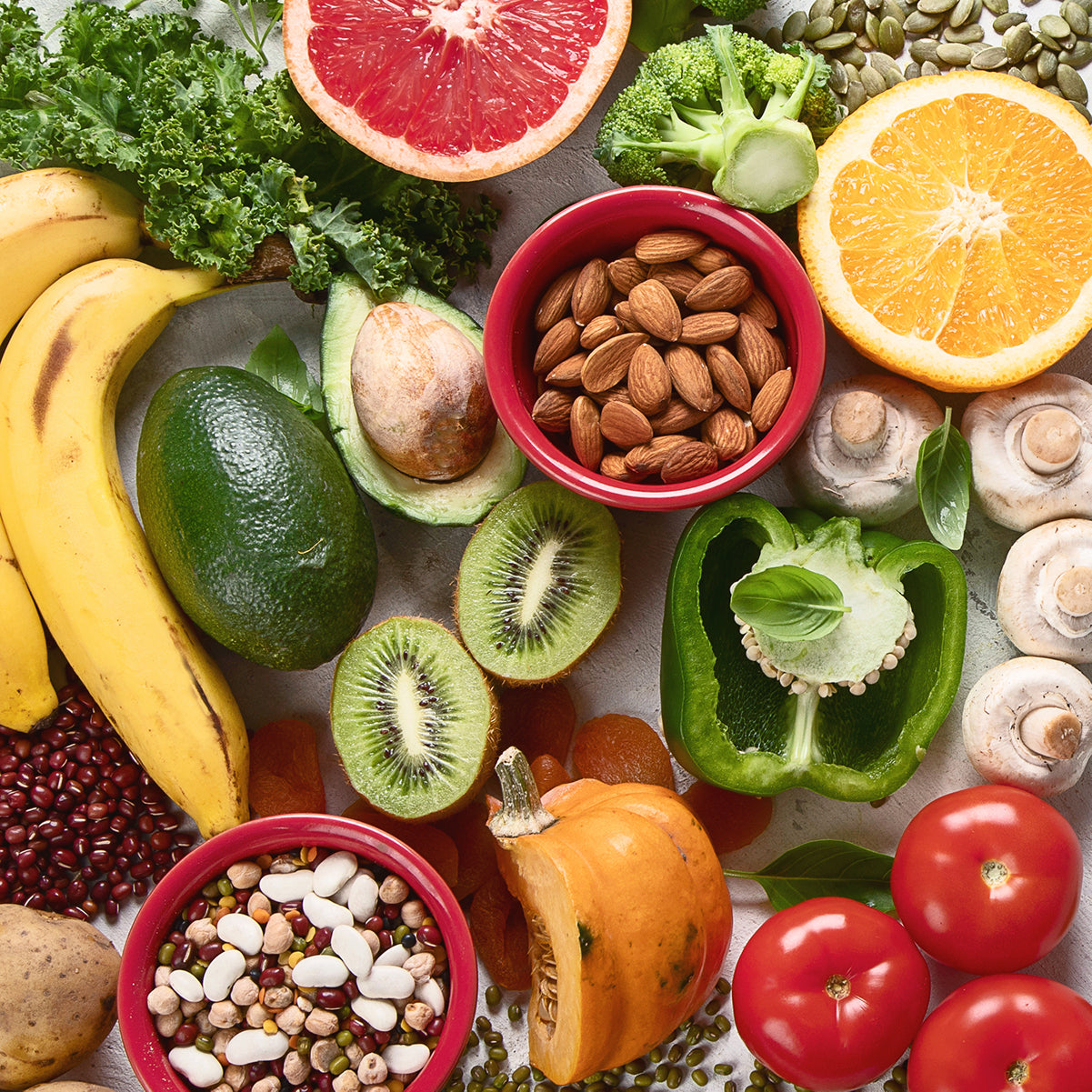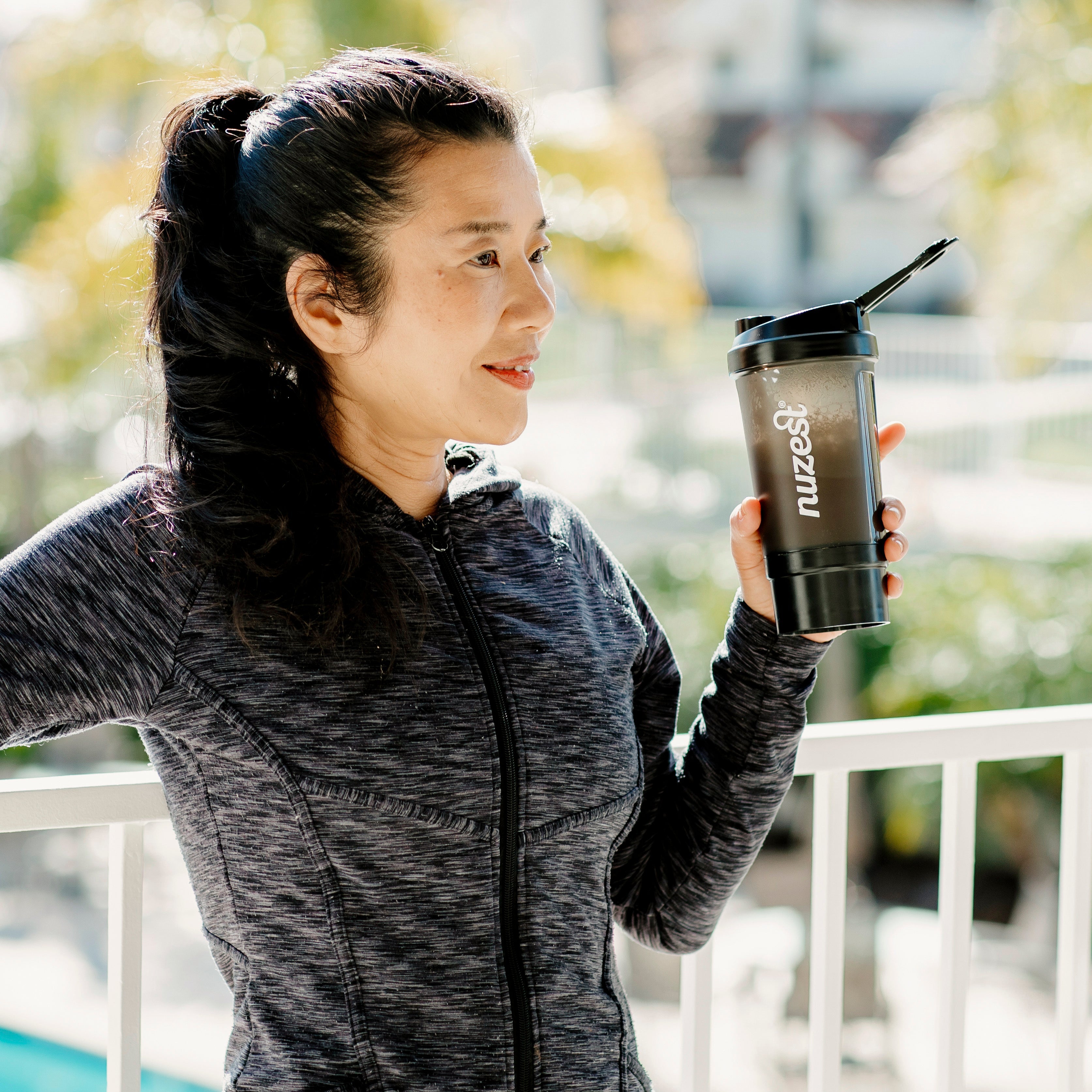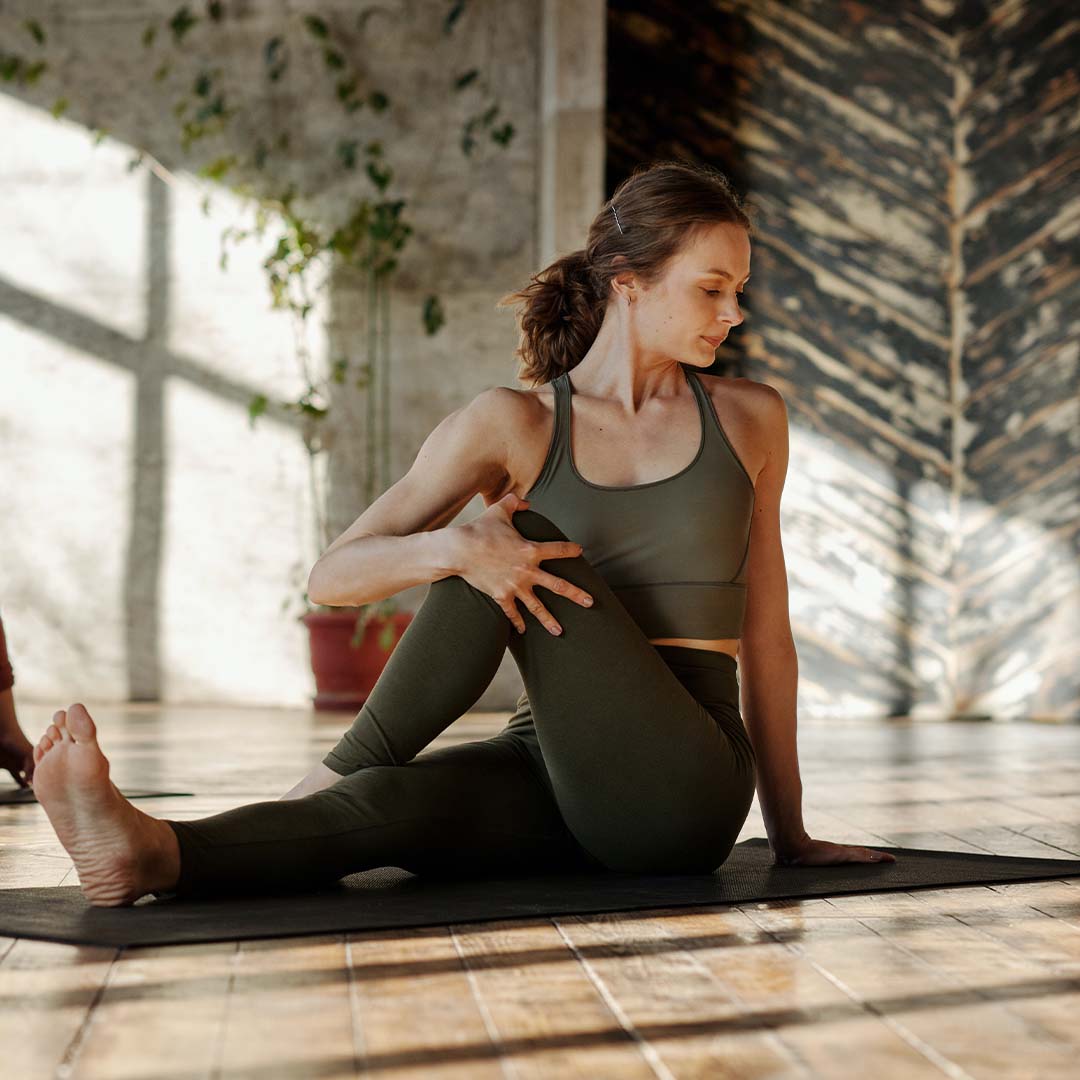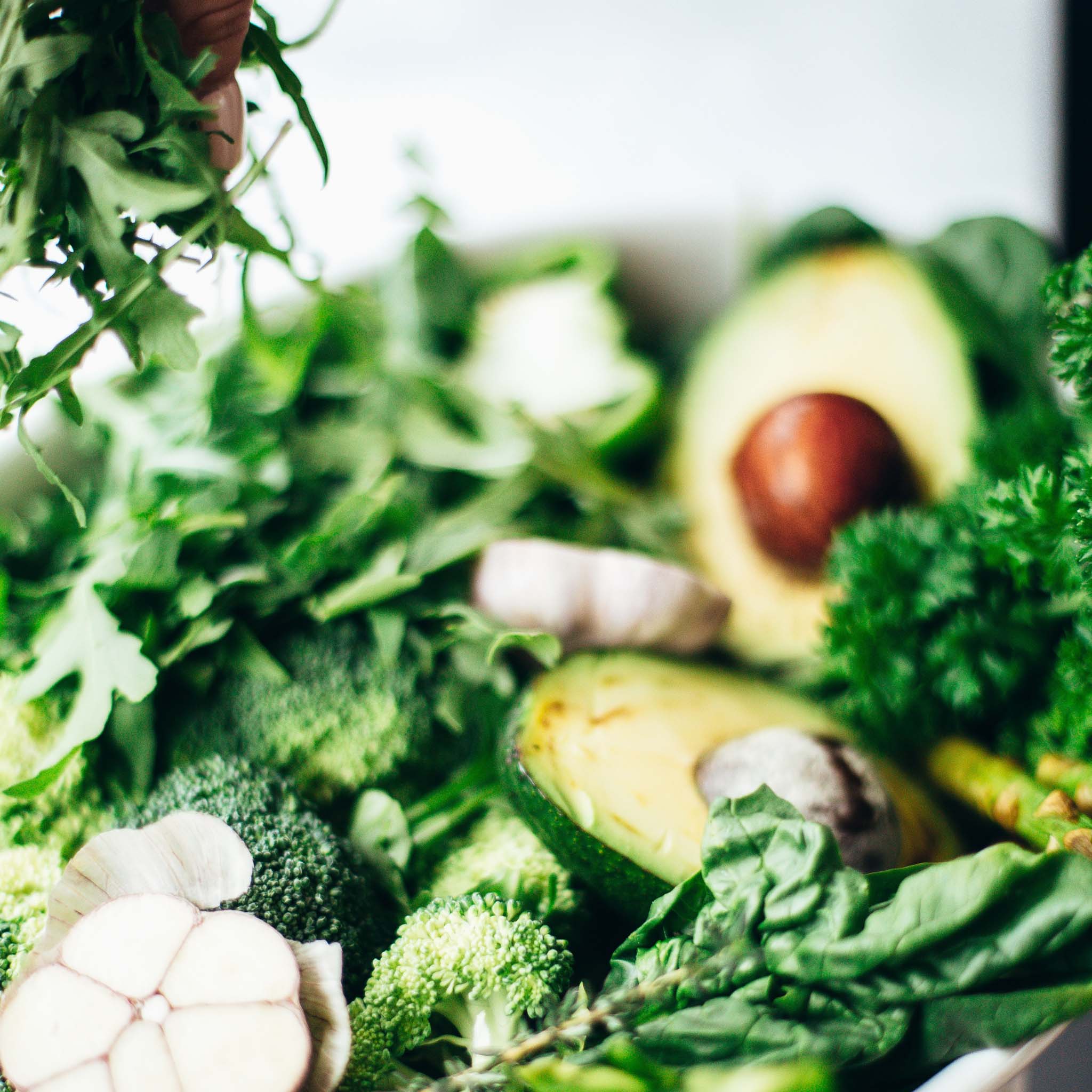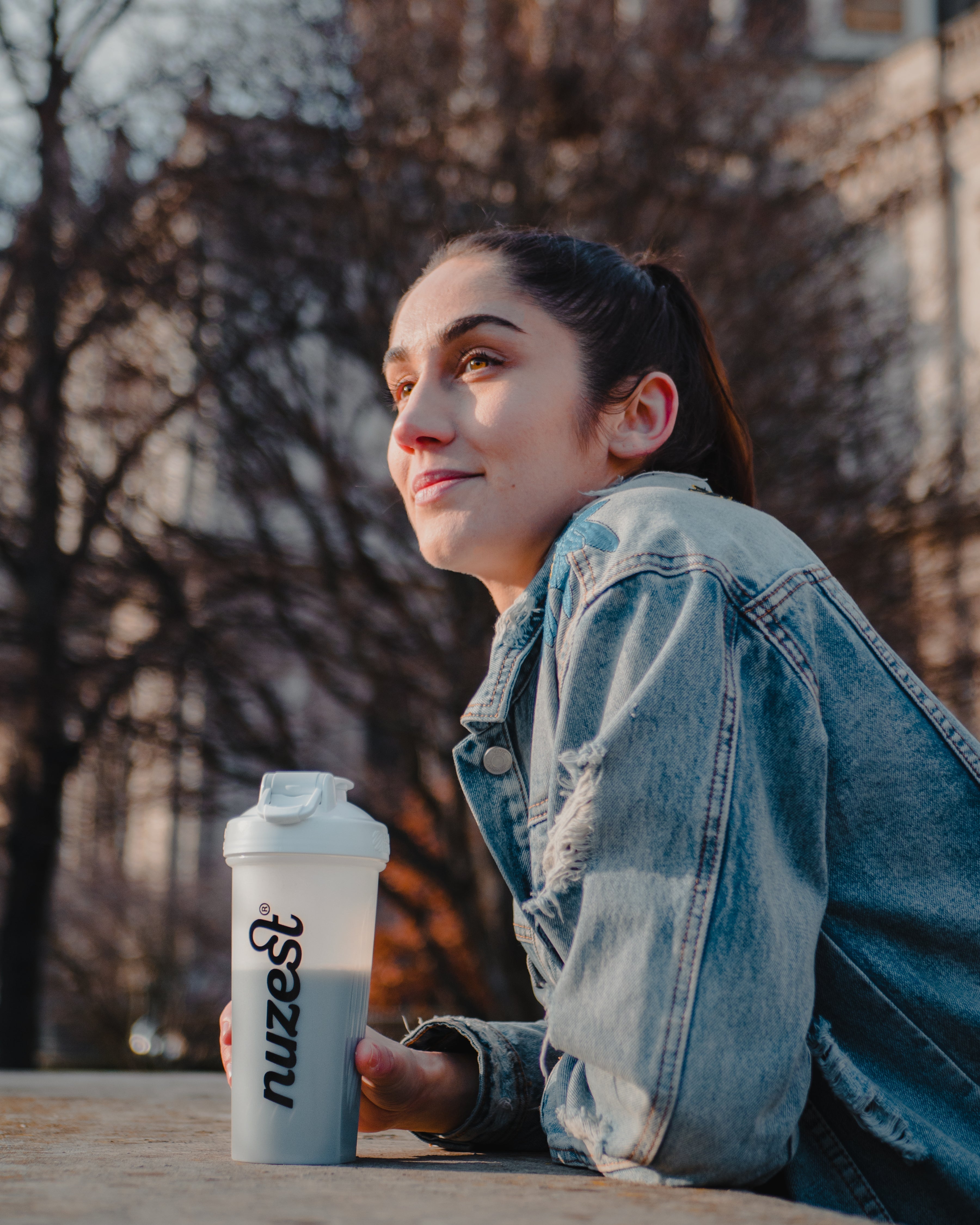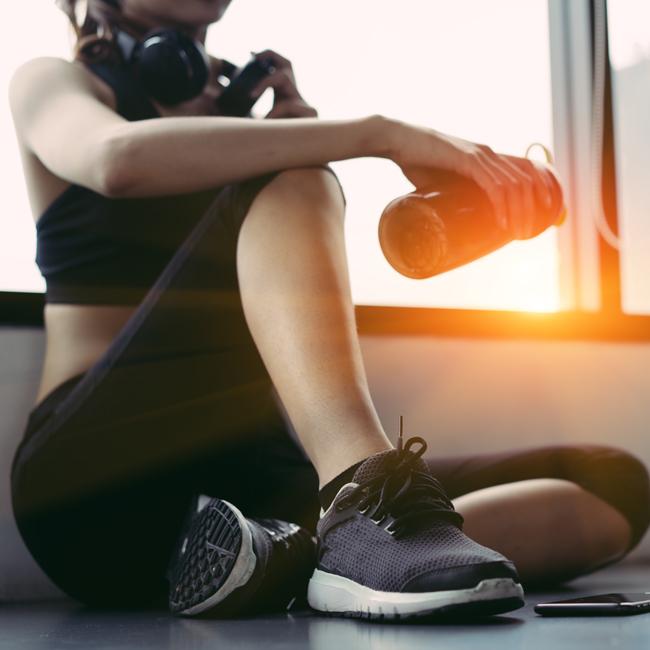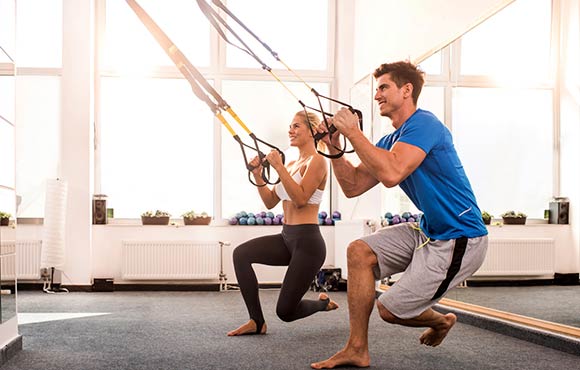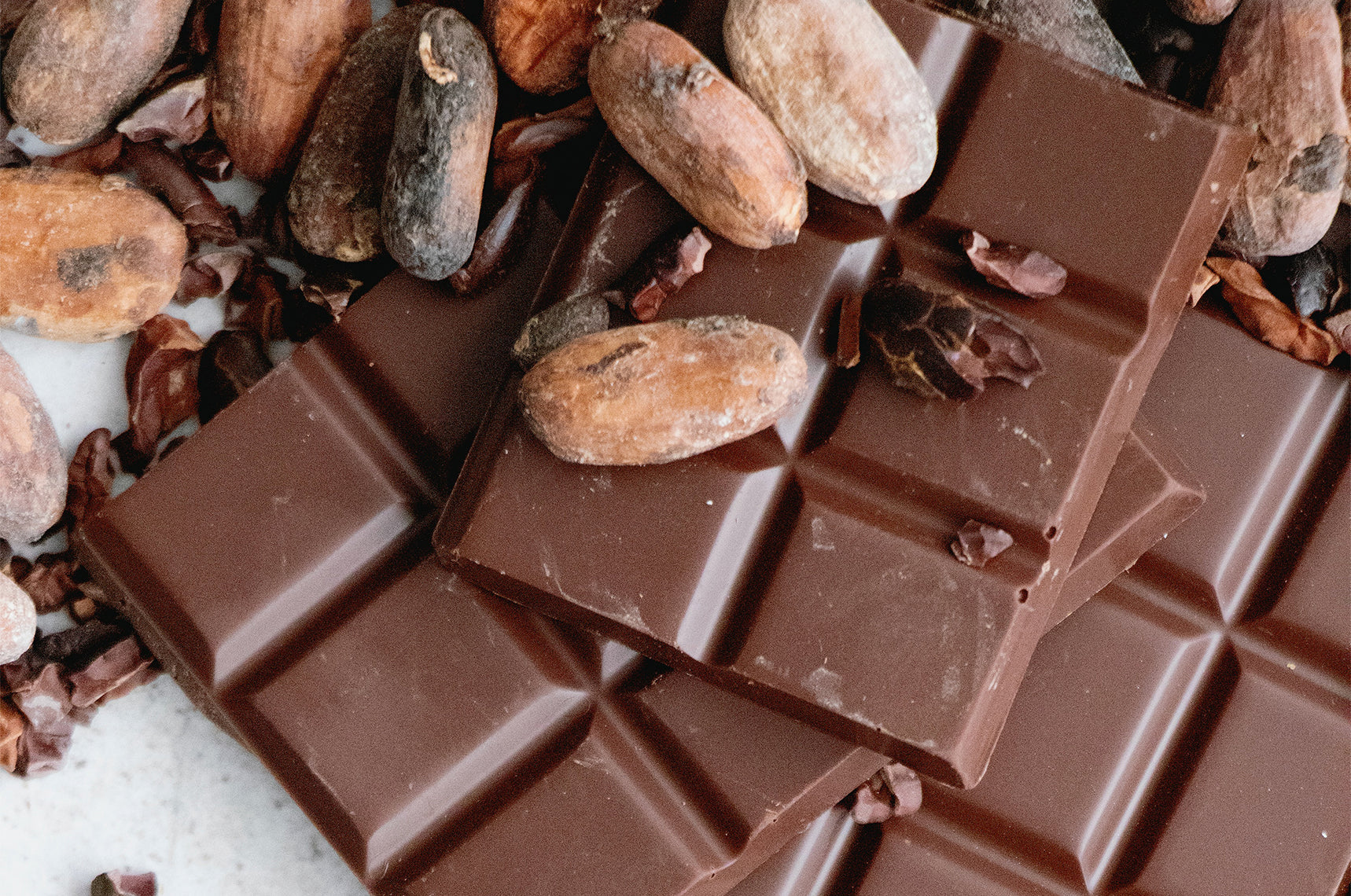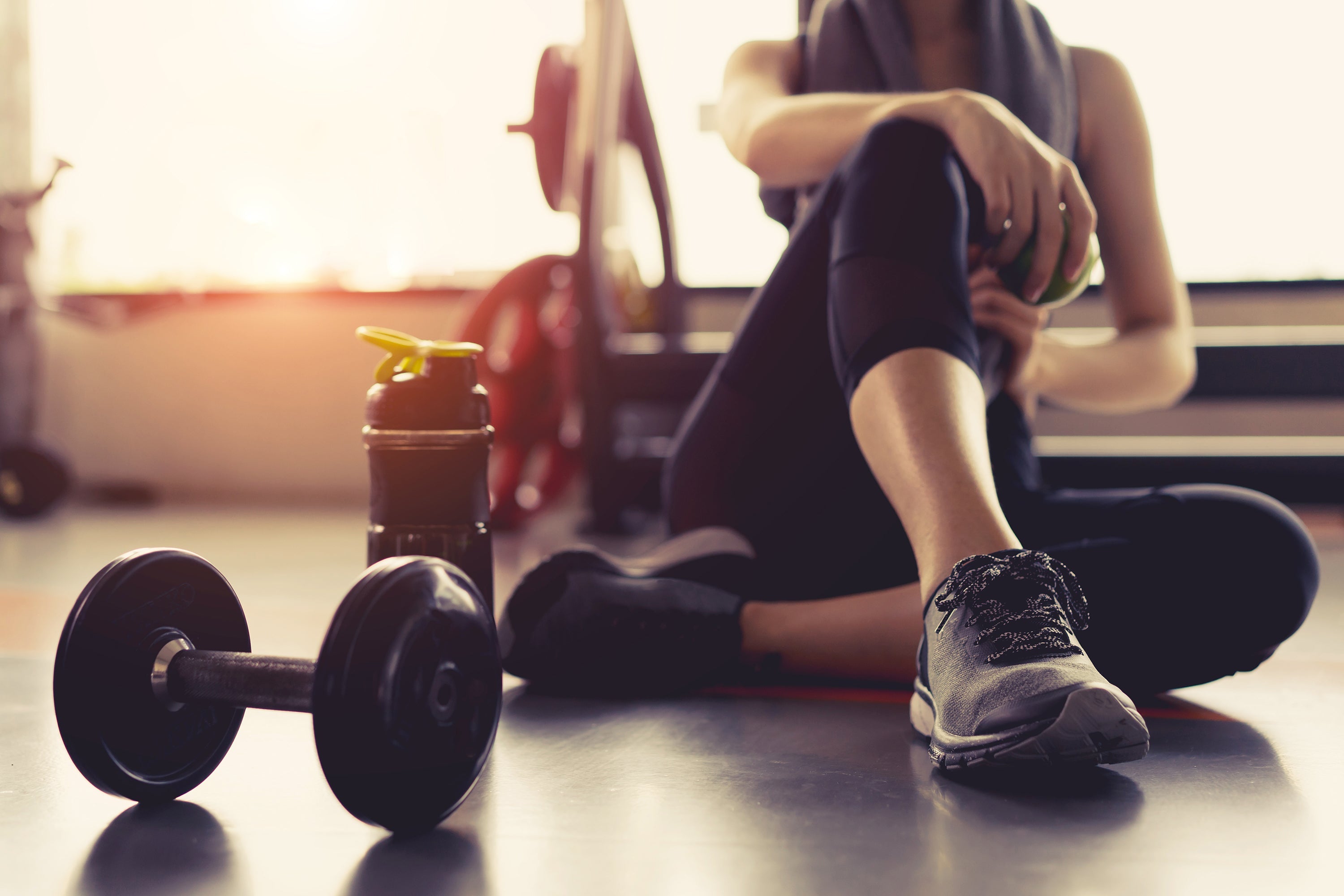There are a multitude of reasons why so many people suffer from TATT or feel 'tired all the time'. If you're struggling to find enough time to sleep because you're flat out with work, or if your sleep is disrupted by 'little ones', for example, the causes will be obvious. Looking on the bright side, improving your life-work balance or waiting till your kids' sleep patterns have settled will sort you out.
But if you suffer insomnia, or sleep a full 7 or more hours and continue to feel exhausted, there's something else going on. How's your immune system? Finding you have difficulty shaking off bugs, or do you suffer their consequences more than others you know who seem to have boundless energy? All of these (and other) symptoms can point back to under-performance from the tiny energy-producing units (organelles) with which are cells are endowed, known as mitochondria. If we don't have sufficient numbers of mitochondria, or they are small in volume, our capacity to produce energy is reduced sometimes severely.
Mitochondria can get their energy from any of the three fuels we consume: carbohydrates, fats or protein. These all get converted into our body's key fuel, ATP which stands for adenosine triphosphate. Fat yields by far the most energy, that's why you'll see in the energy calculations on food labels that each gram of fat converts to 9 calories (kcal) or energy, as against 4 kcal for carbs and protein. But to make our millions of little energy factories work properly, we also need a bunch of nutrient cofactors that we can only get from our diets. That includes most of the B vitamins, vitamin C, the minerals magnesium, zinc, selenium, iodine, manganese, copper, calcium and iron - and coenzyme Q10.
Having enough of these nutrients in your body is a bit like putting fuel in the tank of your car. But you still need to make sure the motor works and that it's serviced properly for the car to run properly. This is where things so often go awry in today's world, where daily living - and working - involves so much less in the way of regular physical activity compared with the environment in which we evolved. Putting this into perspective, our genome has changed little over the last 20,000 years and during most of this time our ancestors were physically very active for a much of the time. Hunter-gatherer lifestyles that are the predominant ones that have shaped our genome actually revolved around cycles of intense physical activity linked to hunting and gathering, followed by periods of feeding and resting. It couldn't be more of a contrast from our modern much more sedentary lifestyles, with refrigerators, supermarkets, corner stores and garages bursting with food, often very rich in simple carbs (refined grains, sugar) and processed fats.
Over the last decade or so we've learned a lot about what makes our mitochondria snap back into action, developing in both density and volume.
Here's a few pointers:
- Don't stay seated for more than an hour at a time. Regularly counteracting gravity, be it through going to make a cuppa for your colleagues or friends, bouncing on a rebounder, running up some stairs, or doing some press-ups, sit-ups or other bodyweight exercises, should be built into your daily routine. This is particularly important if your job is sedentary. Set a timer to remind yourself that your hour's up and it's time to stand up! You might also want to consider a standing desk.
- Incorporate some high intensity interval training (HITT) into your week's activity, ideally around 3 times a week. How hard you push yourself during your intense phase that might last between 30 seconds and 2 minutes, is going to depend on your level of fitness and underlying health. If you're unsure what's right for you, consult a personal trainer. Try your HIIT sessions in a fasted state, ideally after an overnight fast that's run for over 12 hours (yes, that might means doing your HIIT before breakfast, or even skipping breakfast). Within 30 minutes or so of completing the session, you should indulge in 20 grams of high quality, highly digestible, hypoallergenic protein - and Nuzest's Clean Lean Protein is as good as it gets.
- Have you tried intermittent fasting? If you haven't, now's maybe the time knowing it's what your mitochondria love! That could mean not eating more frequently that every 5 hours, giving up snacks between meals, eating just two meals rather than three meals a day or doing the 5-2 diet, where two days a week you drastically restrict your food intake to around 500-600 kcal a day.
- Include some longer bouts of endurance training into your weekly activity. That can be anything from longer walks, cycle rides, swimming, kayaking take your pick. These activities should ideally be 2 hours or more as during the first 90 minutes or so you'll just be burning stored carbohydrate in the form of glycogen in your muscles and liver. After this you start burning fat your mitochondria's favourite and cleanest endurance fuel. Your fat fuel can come both from your own body fat, and fats your consumed in your diet. These should all be healthy fats like hydroxytyrosol-rich, cold-pressed, extra virgin olive oil, MCTs from coconut oil and Omega-3 fatty acids from fish oils or algal sources. Take it easy on Omega-6 rich polyunsaturated acids that are the predominant fats in most cheaper vegetable oils, over-consumption of which prevent our anti-inflammatory responses from working properly.
- Make sure your body has all the co-factors your mitochondria need for making energy. The easiest way to do this is by taking a serve of Nuzest's Good Green Stuff each day or even two half serves twice daily if you prefer. We've formulated this product especially for all 12 of your body systems with your energy-yielding metabolism and protection from oxidative stress being key to helping your mitochondria work to their full potential just as nature intended.
Want to start to feel more energy? Why not start with a Nuzest's Try Me Love Me Buy Me Bundle - gives you around 10 days to try it out before you commit. Pack includes: 1 x 120g Good Green Stuff 1 x 225g Clean Lean Protein Smooth Vanilla
Did you miss the last in our TIRED ALL THE TIME Series? No problems grab it here.

